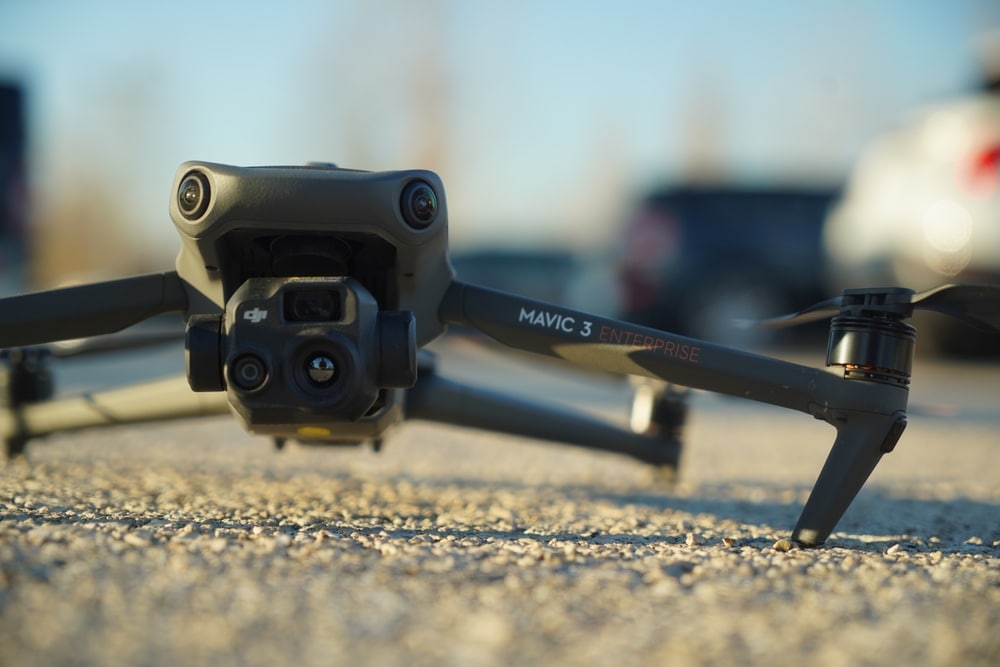Millions of lives could be saved by a groundbreaking set of new vaccines for a range of conditions including cancer, experts have said. A leading pharmaceutical firm said it is confident that jabs for cancer, cardiovascular and autoimmune diseases, and other conditions will be ready by 2030.
According to the Guardian, Studies into these vaccinations are also showing “tremendous promise”, with some researchers saying 15 years’ worth of progress has been “unspooled” in 12 to 18 months thanks to the success of the Covid jab.
Dr. Paul Burton, the chief medical officer of pharmaceutical company Moderna, said he believes the firm will be able to offer such treatments for “all sorts of disease areas” in as little as five years.
The firm, which created a leading coronavirus vaccine, is developing cancer vaccines that target different tumor types.
Burton said: “We will have that vaccine and it will be highly effective, and it will save many hundreds of thousands if not millions of lives. I think we will be able to offer personalized cancer vaccines against multiple different tumor types to people around the world.”
He also said that multiple respiratory infections could be covered by a single injection – allowing vulnerable people to be protected against Covid, flu and respiratory syncytial virus (RSV) – while mRNA therapies could be available for rare diseases for which there are currently no drugs. Therapies based on mRNA work by teaching cells how to make a protein that triggers the body’s immune response against disease.
Burton said :“I think we will have mRNA-based therapies for rare diseases that were previously undruggable, and I think that 10 years from now, we will be approaching a world where you truly can identify the genetic cause of a disease and, with relative simplicity, go and edit that out and repair it using mRNA-based technology.”
But scientists warn that the accelerated progress, which has surged “by an order of magnitude” in the past three years, will be wasted if a high level of investment is not maintained.
The mRNA molecule instructs cells to make proteins. By injecting a synthetic form, cells can pump out proteins we want our immune system to strike. An mRNA-based cancer vaccine would alert the immune system to a cancer that is already growing in a patient’s body, so it can attack and destroy it, without destroying healthy cells.
This involves identifying protein fragments on the surface of cancer cells that are not present on healthy cells – and which are most likely to trigger an immune response – and then creating pieces of mRNA that will instruct the body on how to manufacture them.
First, doctors take a biopsy of a patient’s tumor and send it to a lab, where its genetic material is sequenced to identify mutations that aren’t present in healthy cells.
















